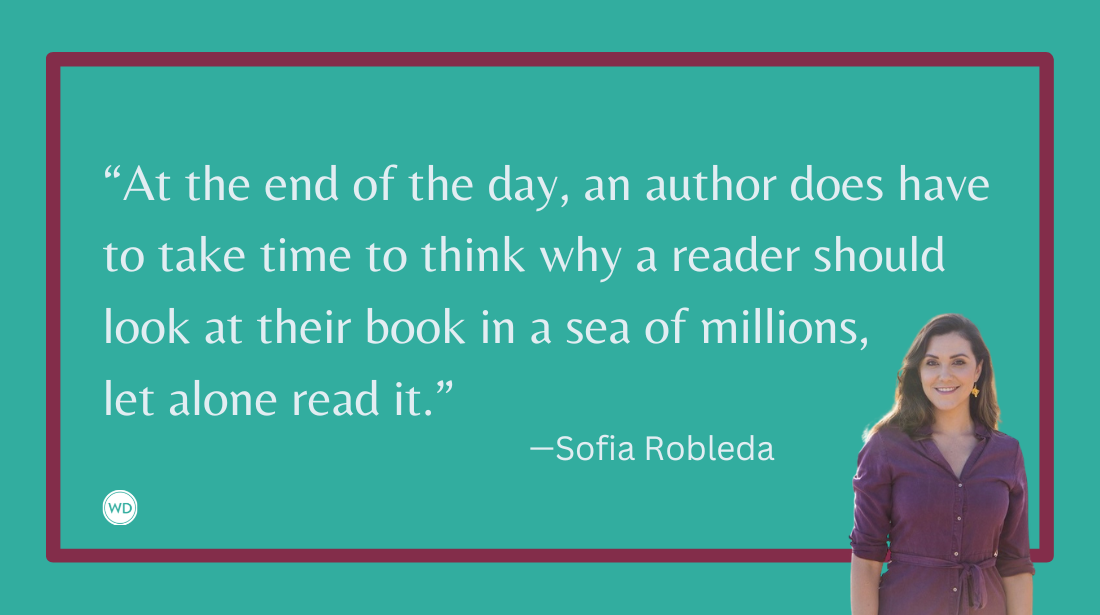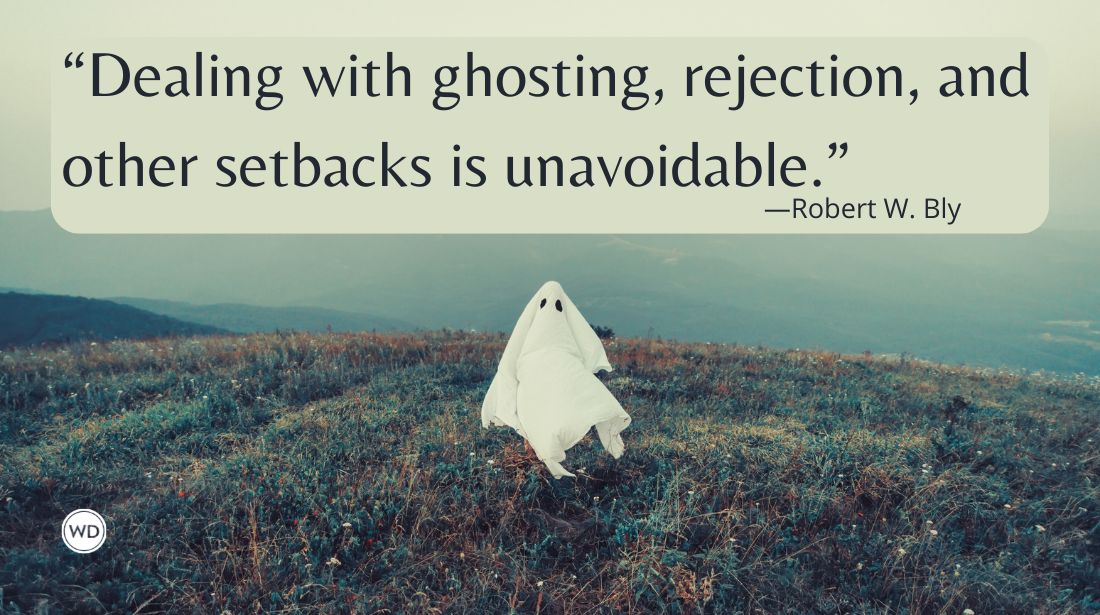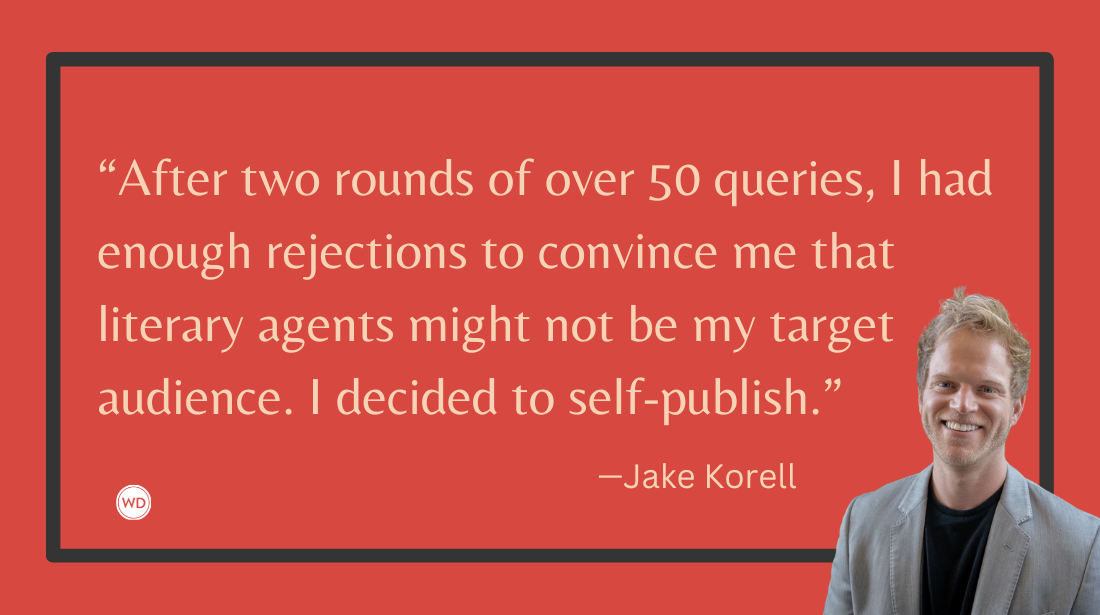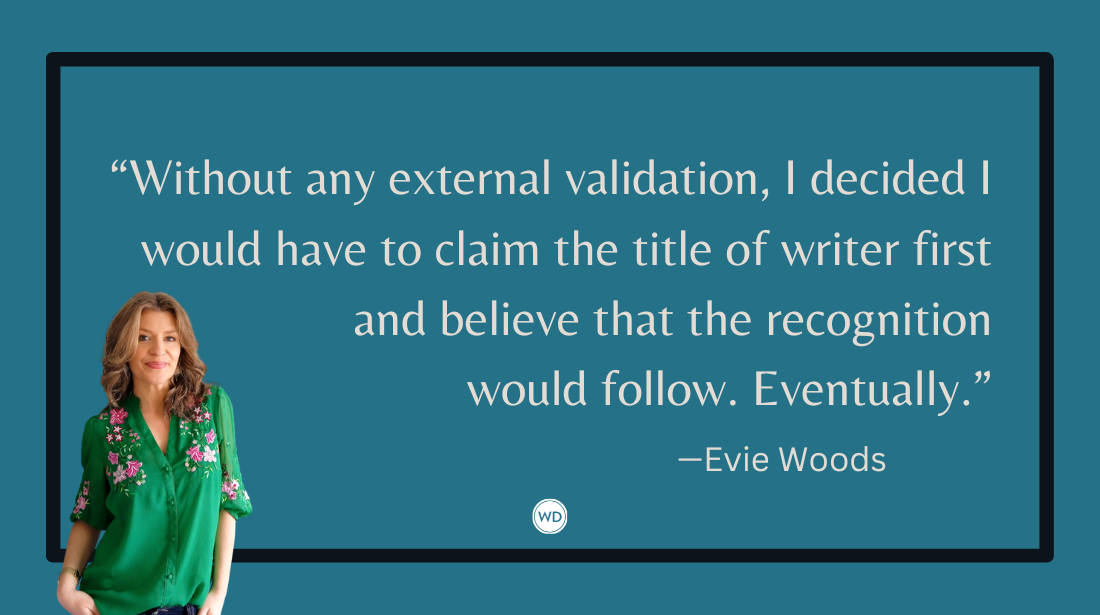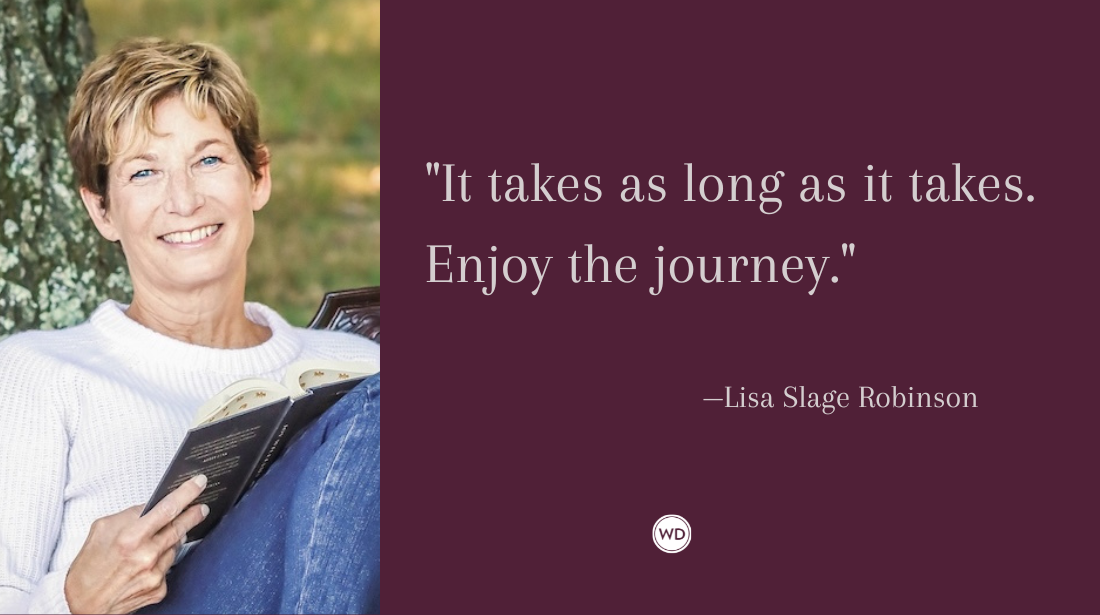What does it really take to succeed?
For most of my writing life, I assumed that if I was a strong writer, with a good story to tell, or good information to convey, and I was tenacious…
For most of my writing life, I assumed that if I was a strong writer, with a good story to tell, or good information to convey, and I was tenacious about getting published, I would be successful. (“Successful” meaning able to write for a living – at least in this case.) As I grew more knowledgeable about the odds of making a living as a writer, I realized that it was far more likely I'd need a "real" job to pay the bills, and write when time allowed. (For me that tends to be in the wee hours of the night.)
I was able to get some articles published in various magazines then ended up publishing my first book. I couldn't have been happier, and somewhere in the back of my mind I thought this might be the start of a real career. The book sold...okay. About 10,000 copies or so. I was able to get a second book published. I thought this one would really take off, but it ended up selling less, even though reviews for the book were generally quite good. Then I published a third book - an anthology of classic Writer's Digest articles by such authors as Jack Kerouac, Ken Kesey, H.G. Wells, Edgar Rice Burroughs, and dozens more. It was my favorite book of the bunch (and in some ways helped me secure the WD publisher role years later), but it sold even fewer copies than the last one.
Talk about discouraging. But I had made the classic error of being a writer fortunate enough to get published, but unwilling to put serious effort into promoting myself or my books. I relied on the publisher to do everything. And though they did quite a bit, a publisher's efforts are temporary at best. I was, admittedly, a poor partner in those promotional efforts. I believed then, as many writers still do today, that "if you write it, they will come," to paraphrase a well known film.
Part of it was due to the effort required. Part of it was due to my personality. I am not given to showmanship or self-promotion. I had no interest in creating a platform. It makes me uncomfortable and, frankly, I'm rather shy. But now, in the era of social media, e-books, and self publishing, writers have no choice but to build a platform and start promoting their work - not if they want their books to sell.
So what does one do when the rules change and you're required to take on a role you're neither accustomed to nor comfortable with? Does the act of promoting your work diminish your standing as a writer? Or is that a literary stereotype that no longer exists?
We've been trying to come up with a marketing "kit", of sorts, for those folks who either don't enjoy marketing, aren’t sure how to build a platform, or simply want to get better at doing both. To that end, we’ve hand-picked a number of fantastic products, commissioned a few new ones just for the kit, packaged them all together, and then cut the price down by nearly 80% to provide an extraordinary value. The kit includes the following:
- Build Your Author Platform (Independent Study Workshop): Created exclusively for Writer's Digest by author platform maven and writing coach Christina Katz, the Build Your Author Platform self-study course is an invaluable guide to making yourself a writer worth noticing. Learn how to establish and, more importantly, sustain an engaging and dynamic presence among your fellow writers; develop a devoted following of readers; identify and capitalize on your unique areas of expertise; and more. With this exclusive course, you'll be able to make yourself — and your work — stand out.
- Get Known Before the Book Deal (Paperback Book): Before you can land a book deal — before you can even attract the interest of agents and editors — you need to be visible. Anyone can develop a platform, and this book shows you how to do it without sacrificing time to write. Christina Katz reveals the how's and why's of becoming visible and how to cultivate visibility from scratch. Best of all, you won't need any previous knowledge or experience to get started.
- Build an Author Platform Through Blogging (OnDemand Webinar): You can start blogging in just a few days. This informative webinar fromJane Friedman teaches you everything you need to know about the tools and resources you need to get started, how to develop strategic content for your blog that will benefit your career, and how to measure your blogging success.
- Using Social Networking Tools to Succeed in Publishing (OnDemand Webinar): Twitter, Facebook, LinkedIn. If you're not using these sites, you're missing out on new opportunities and important information that can help you get published, as well as market and promote your books. Take a step-by-step tour of the most important social media tools available and the principles behind using them.
- How to Use Social Media to Promote Your Writing and Yourself (OnDemand Webinar): Facebook and Twitter are useful for more than connecting with old friends. Aspiring writers, established writers, and everyone in between can promote their talents and credentials in clever, continuous ways — at no cost. Determine what you want to get out of social media, and then go after it!
- Using Twitter to Boost Your Writing Income (OnDemand Webinar): Editors, publishers, peers, and sources are all flocking to Twitter. Veteran freelancer Tim Beyers walks you through his rules for earning a return on your Twitter time, including strategies for querying editors, building your contact list, and how to find credible sources.
- Build Your Own Writing Platform (Tutorial): From blogging to Tweeting to attending conferences and making videos, Writer's Market editor Robert Lee Brewer walks you through the multitude of references available to build your readership. You'll also learn about his targeted 6-point strategy for building your own platform.
- HTML Reference (PDF Download): Build your blog and expand your platform with basic HTML skills. With this exclusive download from Writer's Digest, you'll learn the basics of structuring HTML, and the most commonly used tags to make your text, images, and links work.
- Writer's Digest May/June 2009 (Digital Issue): Stand out to editors and agents! This issue features articles to help you stand out to editors and agents. It includes "The Must-Have Online Marketing Plan" by M.J. Rose, "Springboards to Success" by Jessica Strawser, and "Build Your Power Platform" by Christina Katz.
This total kit is valued at $548.96. For a limited time, this kit is available for only $119.99, a savings of 78%.
Check it out by clicking here. It’s the sort of information I wish I’d had years ago.
Good luck!
Phil
Phil Sexton
Publisher, Writer’s Digest
Follow me on Twitter @psexton1





